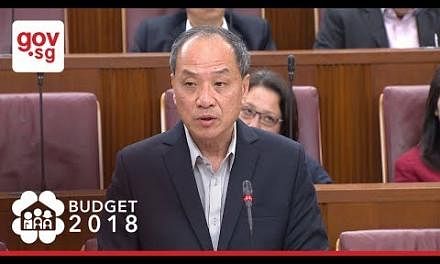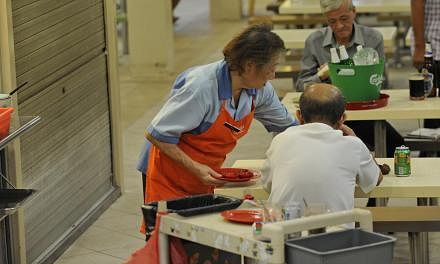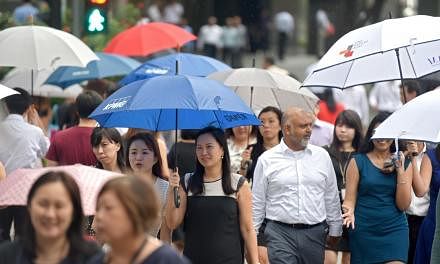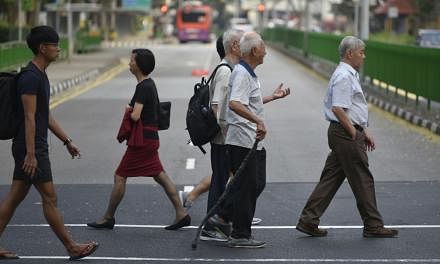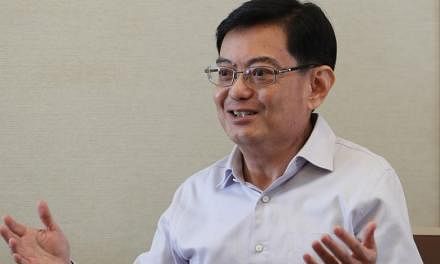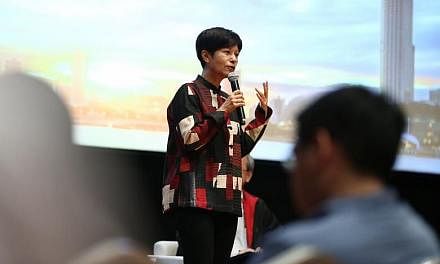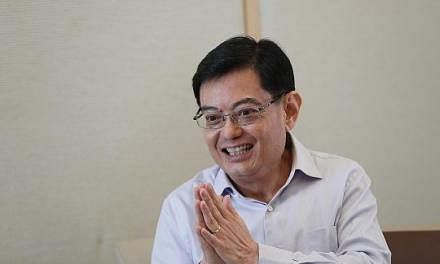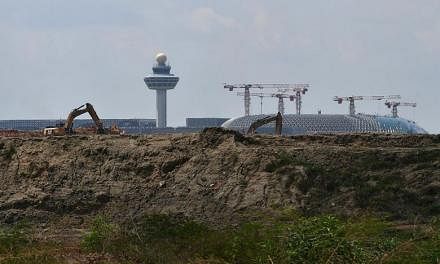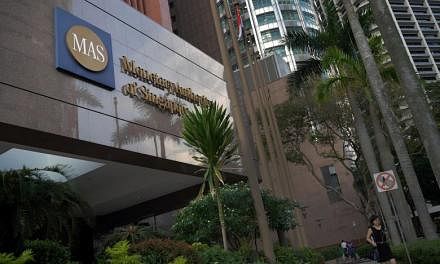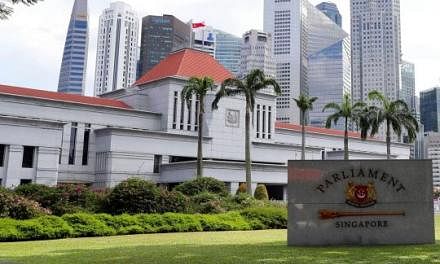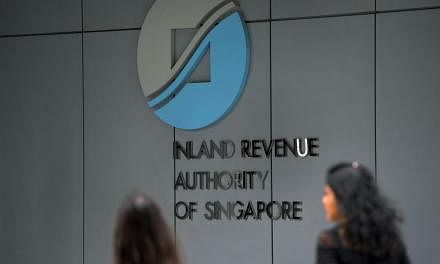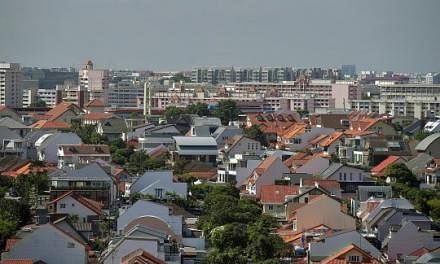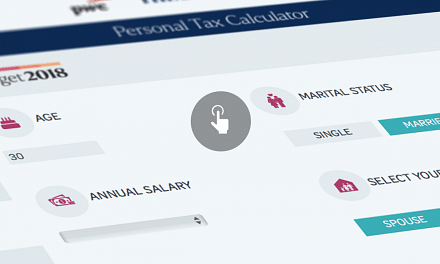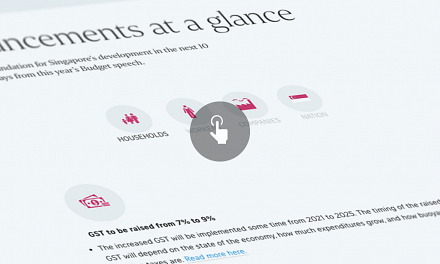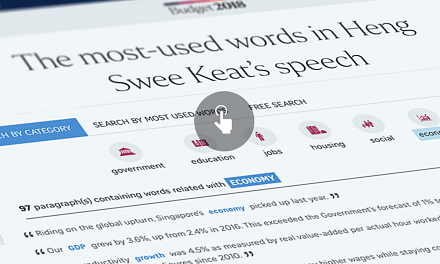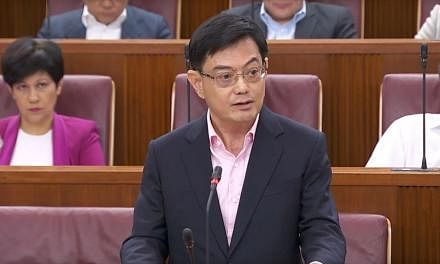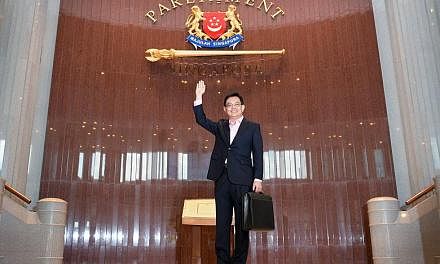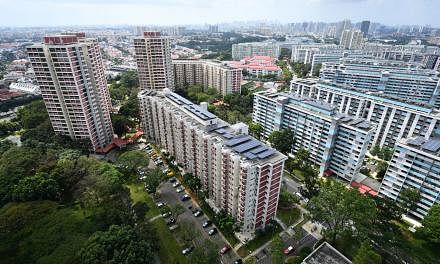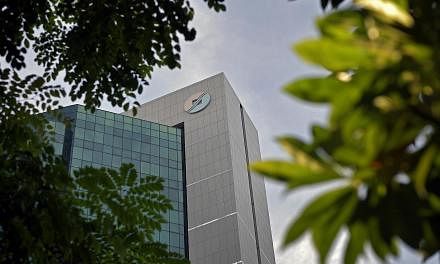SINGAPORE - Finance Minister Heng Swee Keat gave the assurance that there would be more help for lower and middle-income families and the elderly when the goods and services tax (GST) is raised, as he wrapped up the Budget debate on Thursday (March 1).
He said the permanent GST Voucher Scheme, which helps lower- and middle-income families and the elderly, will be enhanced when the GST goes up. The scheme currently offers annual utility rebates of up to $390 to HDB flat dwellers, cash of up to $300 for low-income adults and Medisave top-ups of up to $450 for the elderly poor.
In his speech rounding up the debate, Mr Heng said there will also be a transitional offset package when the GST is hiked by 2 percentage points to 9 per cent, some time between 2021 and 2025. Lower and middle-income families will receive more support from this package, he said.
"Let me assure everyone that we are mindful of the impact of tax changes on households, particularly the lower-income, and will help them to adjust while maintaining a fair and progressive system of taxes and transfers."
Furthermore, the Government is prepared to convene a Committee Against Profiteering to ensure businesses do not use the GST hike as an excuse to raise prices beyond the increased tax, he added.
Responding to concerns raised by several MPs over the past three days about the need to raise the GST, Mr Heng said a broad-based tax like the GST is required to fund Singapore's broad-based spending needs, such as healthcare, security and education.
"Each generation should strive to pay for its own spending through sustainable means, instead of drawing down more than is prudent from the reserves or by borrowing and passing on the cost of current spending to future generations."
He cited former trade and industry minister S. Dhanabalan, who said at the debate on the GST Bill in 1993 that it is critical to have a "tax system that will make an immediate and direct connection between demands for public service and the private purse".
Mr Heng noted that a few MPs had also suggested funding Singapore's spending needs with a windfall surplus like the $9.6 billion surplus chalked up last year - the highest in three decades.
But this was largely due to one-off, exceptional factors that are not expected to occur every year, he said.
"We cannot fund our plans to secure Singapore's future on the basis of episodic windfalls. If we are fortunate to have these occasional windfalls, we should do the responsible thing and save most of it for future needs."
On the timing of the GST hike, Mr Heng said the Government had determined it will need to raise the GST some time between 2021 and 2025 by studying major trends and how they might affect Singaporeans.
It then assessed what it would need to do in response to these trends, and how it should find the resources to support those plans.
By announcing the GST increase early, he said the Government is being honest and upfront about national needs, and setting out what needs to be done.
"We are giving ample notice to citizens and businesses that we will need to raise GST," he said. "I hope that it helps everyone to understand our shared challenges in coming years."
In fact, he noted, the 2 percentage-point GST increase will not fully cover Singapore's expenditure needs, but only make the fiscal gap more manageable.
The GST hike is expected to raise revenues worth about 0.7 per cent of gross domestic product each year. But future spending needs on healthcare, security and pre-schools already exceed this amount, Mr Heng said.

